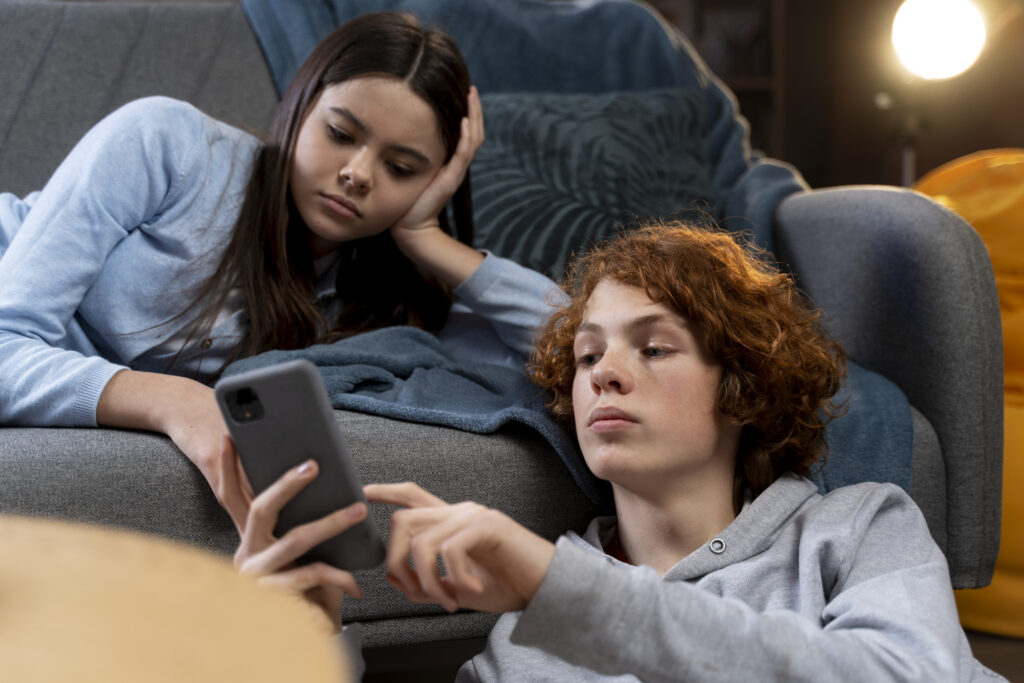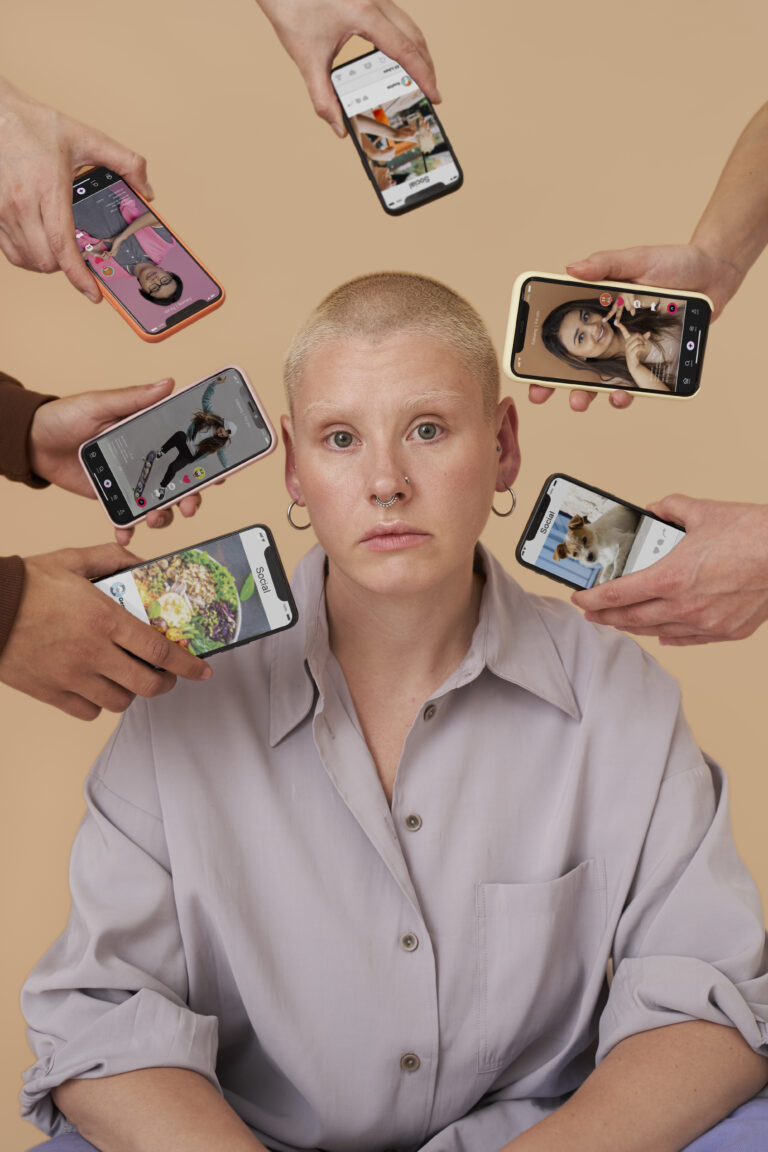
We’ve all been there: endlessly scrolling through our feeds, comparing our lives to the seemingly perfect portrayals of others, and feeling a pang of inadequacy or anxiety. Social media is woven into the fabric of our daily lives, connecting us with friends, family, and communities across the globe. It can be a powerful tool for connection and information sharing, but it also presents a significant challenge to our mental well-being. While social media offers undeniable benefits, understanding its impact on our mental health is crucial for navigating the digital world in a healthy way.
The Comparison Game: The Illusion of Perfection
One of the most significant ways social media affects our mental health is through constant social comparison. We’re bombarded with images and videos showcasing the highlights of other people’s lives – their vacations, achievements, and picture-perfect moments. This constant exposure can lead to feelings of inadequacy, envy, and low self-esteem. The problem is, what we see online is often a carefully curated version of reality. People rarely post about their struggles, insecurities, or mundane everyday moments. This creates a distorted view of reality, making it easy to fall into the trap of comparing our own lives to an unrealistic ideal. Studies have shown a strong correlation between social media use and body image issues, particularly among young women, as they are constantly exposed to images of seemingly perfect bodies.
The Fear of Missing Out (FOMO) & The Anxiety of Exclusion
Social media can also fuel the Fear of Missing Out (FOMO). Constantly seeing updates about social events, gatherings, and experiences can trigger feelings of anxiety and exclusion. We worry that we’re missing out on something important, leading us to constantly check our phones and stay connected. FOMO can disrupt our sleep, reduce our productivity, and negatively impact our overall well-being. It can make us feel perpetually disconnected from the present moment, always chasing the next social experience.

Cyberbullying and Online Harassment:
The anonymity and reach of the internet can create a breeding ground for cyberbullying and online harassment. Cyberbullying can take many forms, from name-calling and spreading rumors to online shaming and threats. The impact of cyberbullying can be devastating, leading to anxiety, depression, self-harm, and even suicidal ideation. Unlike traditional bullying, cyberbullying can follow victims everywhere, making it difficult to escape. The persistent nature of online harassment can have a profound and lasting impact on mental health.
The Addiction Of Social Media & The Dopamine Rush
Social media platforms are designed to be engaging, and for some, they can become addictive. The constant stream of notifications, likes, and comments triggers the release of dopamine, a neurotransmitter associated with pleasure and reward. This can create a cycle of reinforcement, making it difficult to disconnect from social media. Signs of social media addiction include spending excessive time online, neglecting responsibilities, experiencing withdrawal symptoms when unable to access social media, and prioritizing online interactions over real-life relationships.
The Impact Of Social Media On Sleep and Productivity:
Social media use can also negatively impact sleep and productivity. The blue light emitted from screens can interfere with the production of melatonin, a hormone that regulates sleep. Late-night scrolling can lead to poor sleep quality, daytime fatigue, and difficulty concentrating. Furthermore, the constant distractions of social media can make it difficult to focus on tasks and be productive.
7 Strategies for Healthy Social Media Use
While social media presents challenges, it doesn’t have to be entirely negative. By being mindful and intentional about our social media use, we can harness its benefits while minimizing its risks. Here are some strategies for healthy social media use:
1.Set time limits: Use built-in app features or third-party apps to track and limit your social media use.
2.Curate your feed: Unfollow accounts that trigger negative feelings, promote unrealistic ideals, or contribute to social comparison.
3.Turn off notifications: Reduce the urge to constantly check your phone by disabling non-essential notifications.
4.Practice mindful scrolling: Pay attention to how social media makes you feel. If you notice feelings of anxiety, envy, or inadequacy, take a break.
5.Prioritize real-life connections: Make time for face-to-face interactions with friends and family.
6.Engage in offline activities: Pursue hobbies, spend time in nature, and engage in activities that bring you joy and fulfillment.
7.Seek professional help: If you’re struggling with social media addiction, cyberbullying, or related mental health issues, don’t hesitate to seek professional help.
Social media is a powerful tool that can both connect and disconnect us. By understanding its impact on our mental health and adopting healthy habits, we can navigate the digital world in a way that supports our well-being. It’s about finding a balance, using social media intentionally, and prioritizing our mental and emotional health.